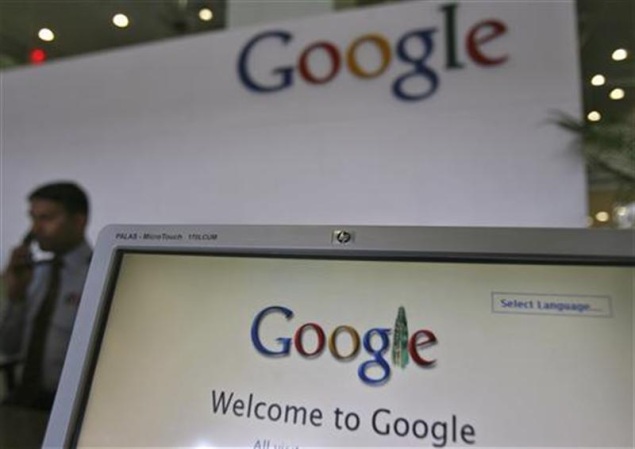The Open Internet Project, which includes 400 players in Europe’s digital markets, have lodged a complaint with the European Commission against what it alleges are new anti-competitive abuses by Google.
In a submission, the group accused the US internet giant of abusing its “insurmountable” 90% market share to abuse competitors and illegally using data to squeeze out rivals.
“European Consumers and Digital Entrepreneurs demand (a) ban of Google’s manipulative favouring of own services and content,” said a statement from the group, which includes digital publishers Axel Springer and CCM Benchmark, online publishers, tour operators, and consumer associations.
The world’s top internet search engine reached a deal with EU in February in which it agreed to display rivals’ links more prominently in a bid to end a three-year case and avoid a fine of up to 5 billion euros.
“This has been a very long and very thorough investigation,” Google executive Kent Walker said about the agreement.
But rivals, including companies included in the OIP, argue that the concessions do not go far enough and will only entrench Google’s dominance of online market.
“The European Commission … is planning to give in to the giant by concluding a settlement largely behind closed doors that would in principle legalise Google’s self-preference,” said the statement.
They are demanding a thorough analysis of all Google’s anti-competitive practices, impose a review mechanism for algorithm changes and impose obligations on Google to supply or licence its data, among other elements.
“It is our responsibility to stand up now, in two or three years it will be to late,” the head of online media company CCM Benchmark, Benoit Sillard said.
He warned without regulation creative upstarts would not have a chance, citing the example of a online price comparison site Twenga, which has had financial difficulties since it has had lower visibility on Google, with which it competes.
“We are for fair competition” said the head of the media unit of French company Lagardere, Denis Olivennes.
Open Internet Project members are concerned about the deal between the EU and Google, the final terms of which could be worked out by the summer.
The new complaint comes after the European Union’s top court said that individuals had the right to ask the search engine to delete personal data produced by its ubiquitous search engine.
Some analysts say the ruling raises questions about online censorship and manipulation of search results.






